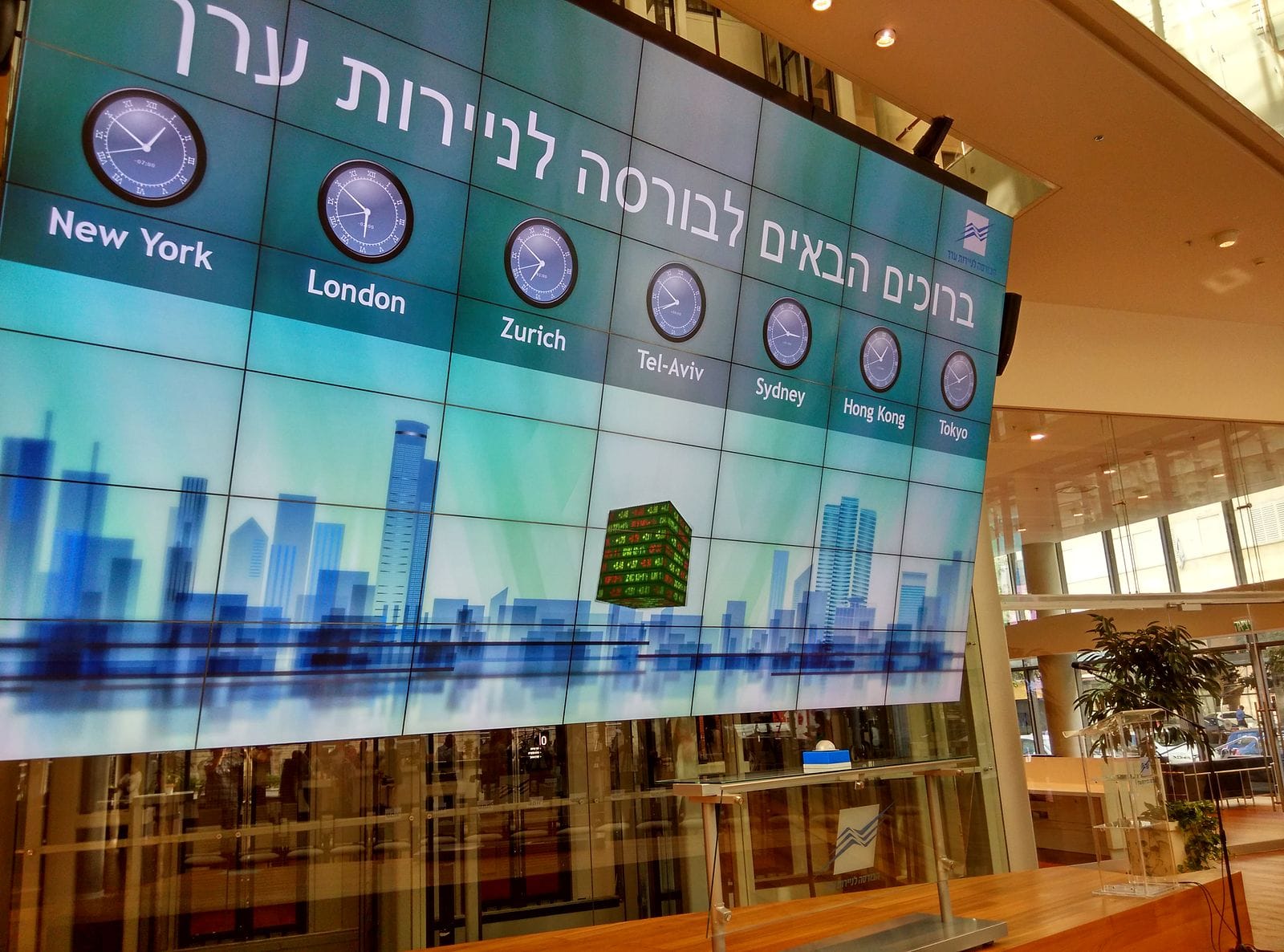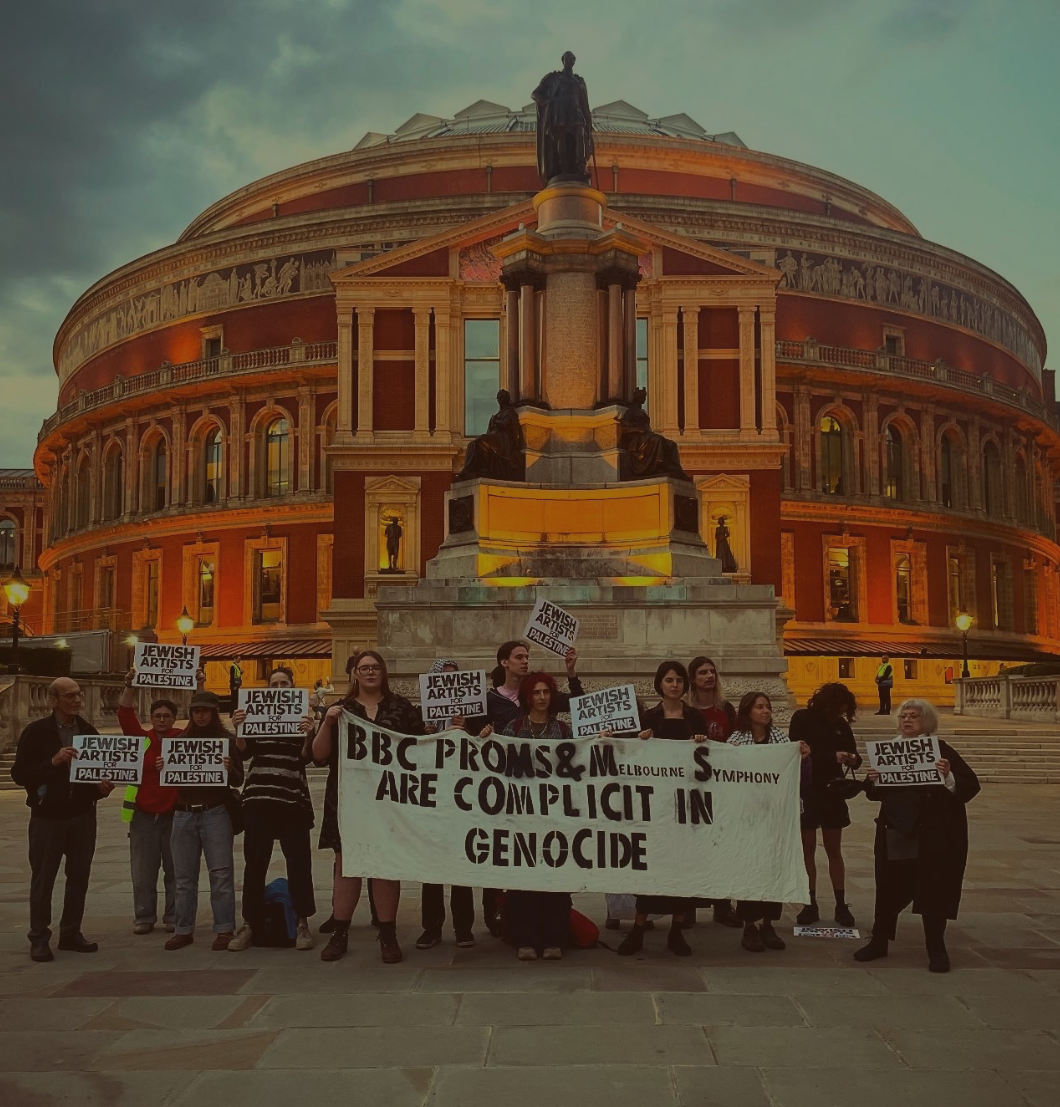Trading with impunity
The Israeli stock market is at historic highs as the country enacts forced starvation. The UK wants its share of the profits.

Sometimes in life, seemingly disparate events overlap to reveal just how horrible everything is at that time.
Over the last few weeks – the very same weeks during which Israel has killed over 1,000 Palestinians seeking food at militarised aid distribution sites and carried out a deliberate policy of forced starvation of Gaza’s population, with people reduced to “walking corpses” and skeletal babies wrapped in bin bags – a spate of articles appeared in the financial press announcing that the world’s best performing stock market is in Israel. More than that, they reveal that the Tel Aviv Stock Exchange (TASE) has been the world’s fastest growing market since, yep, 7 October 2023.
In article after article, journalists and op-ed-writing investment bankers gawk at how an initial contraction in the last quarter of 2023 gave way to a “dazzling” market recovery in early 2024, quickly exceeding the country’s pre-war levels and reaching record highs. As of last week, the TASE was up 200% relative to the start of the war on Gaza. It goes without saying that these articles exist in a reality in which genocide is not the material base of these ill-gotten gains.
Perversely, but not surprisingly, the overwhelming scale of Israel’s destruction has been cause for investor confidence. Yaniv Pagot, vice president of trading at the TASE, told the Times of Israel: “The rally in the local stock market reflects the belief that Israel’s geopolitical situation is better today than it was before October 7, 2023, and that geopolitical threats have been reduced significantly on all fronts whether it is opposite Iran or on the northern front.”
Foreign investment in particular has been a key driver of Israeli society’s war profiteering. In 2025 alone, international investors have moved nearly $3 billion into the Israeli market. This is over twice as much as the second half of 2024. It’s nice to know that the country’s use of famine as a weapon of war and the construction of concentration camps has only strengthened many people’s confidence in its future.
Foreign investment in Israel is worth lingering on for just a moment, as it has a particularly significant impact on the genocide and occupation. First, many foreign investors are buying stocks of Israeli banks, which have been producing record profits. It is well documented that Israel’s largest banks, including Leumi and Hapoalim, provide loans and the financial infrastructure for illegal settlements in East Jerusalem and the West Bank. Second, about half of Israel’s research and development funding (read: defence) comes from foreign multinationals. And Israeli defence companies are also raking in profits at record rates.
Earlier this year, the Palestine Solidarity Campaign published research revealing that the UK is a significant contributor to this foreign investment. Freedom of Information Requests revealed that the Local Government Pension Scheme invests £12 billion in companies and Israeli banks that are fueling the genocide. This includes investments in multinationals that participate in Israel’s R&D Collaboration with Multinational Corporations Program.
The UK’s involvement goes beyond those investments, as the City of London has been desperately trying to capitalise on the Israeli war economy by poaching “high-growth” Israeli businesses to list on the flailing London Stock Exchange (LSE). The law firm Bryan Cave Leighton Paisner (BCLP) has been publicly leading the charge. In June 2024, the firm published a guide for Israeli business titled “London: The Optimum IPO Venue for Israeli Growth Companies”. In October 2024, partner Jonathan Morris took this pitch to the media by acting as a source in a Jewish News article that was republished on the Israeli website Ynet. Morris makes the case that the LSE’s greater access to capital and liquidity than the TASE, and ease of listing relative to US markets should make it particularly attractive for Israeli companies.
Currently, the City of London is counting on Israeli audio giant Waves, which naturally had its origins in the founders’ IDF service, to list on the LSE in the coming months, and thereby buck the trend of tech companies delisting for other exchanges.
Unfortunately, that’s not all. In the wake of the Labour government’s publication of a new industrial strategy, the Deputy Head of Mission at the British Embassy in Israel wrote an op-ed for the Jerusalem Post explaining how the new strategy “offers Israeli businesses, entrepreneurs, and innovators the long-term stability and confidence they need to invest and grow.” He concludes with the seemingly unironic statement that “Together, the UK and Israel can shape the future”. This comes just months after the UK ended trade talks with Israel in what was dishonestly framed as an act of protest against Israel’s campaign in Gaza.
From weapons to pensions to charities to the stock exchange to the media, there is no part of this society, Israeli society, or any other Western society that is not completely enmeshed in and profiting from the genocide of Palestinians in Gaza. This is what complete impunity looks like.▼
There’s no corporation or big advertisers behind Vashti – we're a workers' cooperative and rely on small donations to keep running. Support our journalism to help break the consensus.
To donate once or monthly, click here.
Author

Evan Robins is an editor at Vashti.
Sign up for The Pickle and New, From Vashti.
Stay up to date with Vashti.



